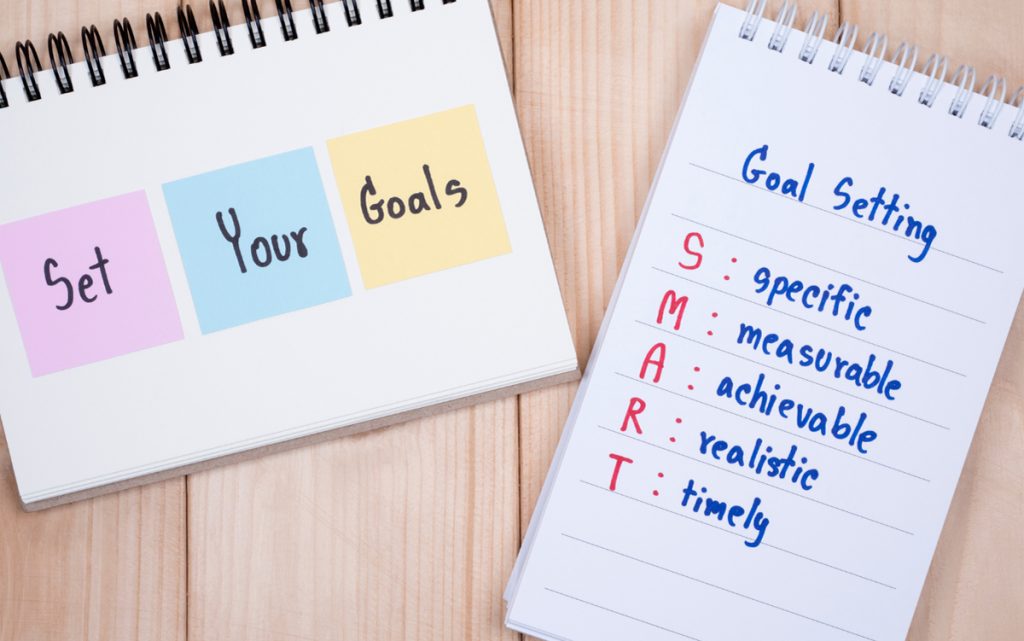- July 04 2025
- One contributor

Ever splashed out on a new pair of shoes when you’re feeling a bit sad? Your emotional spending could be stopping you from achieving your financial goals.
There’s nothing better than buying something new to make you feel better. Until you see your bank balance, credit card balance, or you go to pay a bill and there’s only a flock of moths in your wallet.
Do any of the following things sound like you?
- Life is less exciting when you don’t have any packages on the way
- When you’ve had a tough day (or week, or life), you love to buy something to feel better
- You celebrate good times by buying new things
- You regularly feel guilty for buying things you don’t use or can’t afford
- You’re at the shop and at the last minute you impulsively buy something extra you didn’t plan for
- You’re in debt but can’t seem to stop creating more debt
- Spending money makes you feel better
If this sounds familiar, you’re likely an emotional spender. This is when you spend money to try and manage your emotions. It’s not planned, it’s not in the budget, but it temporarily makes you feel a little bit better and can give you a (false) sense of control when things are a bit wild.
These little treats add up and can result in financial problems. A study showed that almost half of Americans have bought things to make them happy, and 30% of them regretted it. The average cost of these emotional purchases is the equivalent of NZ$192.82. Making one of these unplanned purchases each month adds up to NZ$2313 a year. For most of us, that’s a substantial amount that would be better off in our bank accounts or paying for something useful.
There are better ways to manage your emotions than spending money.
Why Do You Spend Money When You’re Feeling Emotional?
There’s lots of reasons why spending money is the outcome of emotions:
Are You Sad, and Cheering Yourself Up?
Got a bad mood that just won’t budge? You’re feeling persistent grief or depression? Buying something new gives a burst of good feelings and dopamine. Unfortunately, that subsides pretty quickly and doesn’t help to resolve the bad feelings in the long run.
Swap out the short term and expensive endorphins (dopamine) for lasting, healthy, and free ones (serotonin). Go to the gym, take a dance class, go for a walk with a friend. The endorphins released by exercise will make you feel better, without the bill. Heck, do 20 burpees—even simply jumping up and down for a minute can make you feel better.
Are You Scared and Wanting to Distract Yourself?
If you’re scared or fearful of something, then shopping can be a nice distraction that makes you feel good—until the bill comes.
Swap the stress and fear for a period of action. Go for a walk around the block—a ten minute walk can really clear the fog and release some of those good free endorphins.
Are You Celebrating an Achievement?
A big blow-out bash to celebrate a promotion. Buying the new shoes or surfcaster to reward your hard work and finishing a big milestone. It’s natural to want to celebrate an achievement and acknowledge all your hard work. But a lavish spend might blow out the budget.
Swap the spend-up for a reward that’s not impacting your future. Take a personal day where you do what you want (although spending the day at a spa taking expensive treatments defeats the purpose). Have a potluck at home and invite your friends. A celebration doesn’t have to be expensive.
Are You Feeling Guilty and Buying Repentance?
Guilt can happen across many relationships; maybe you’re buying your kid a new toy to make up for not spending time with them. Or maybe you let yourself down and are buying stuff instead of improving.
Swap the guilt trip for a new goal and way to achieve it. Sit down and figure out how to avoid this in future, and steps you can take to meet these goals.
Are You Feeling Jealous and Trying to Impress Others?
This is the worst feeling; when someone else gets something that you’ve been lusting after for a while, or maybe they are just completely casual with money, buying stuff you can never afford. So, you go out shopping for things you don’t want or can’t afford, in order to match or outshine them.
Swap this for a gratitude journal. Write down five things you’re grateful for; focus on what you have, not what you don’t. Don’t get caught up in a pointless competition with yourself and others. This is hard to hear, but no-one else really cares about what you have (or don’t). If you’re doing it for optics, you need to really look inwards and think about your attitude to money.
Put Steps In Place to Manage Your Spending- and Emotions
Try to manage your spending by:
- Deleting shopping apps and unsubscribing from sales emails
- If you really, really, really want something, wait a week. If you still want it a week later and you can afford it, buy it then
- Develop strategies to cope in other ways than spending. That may mean addressing your emotions and understanding why you’re feeling sad or let down or anxious
- Make spending money more difficult. Leave the credit card at home and keep a minimum of money in an accessible account
- Name accounts things like ‘holiday fund’ and you’ll find it a lot harder to take money away from your goals
- Check on your budget regularly. Track your expenses and see where you’ve spent or underspent. Take note of emotions here too; guilt and stress can creep in
- Think about what emotions you’re trying to manage. Sit with it (although this can be super uncomfortable). Feel the feelings, and acknowledge they are there.
- Take a deep breath and remember you CAN stop spending money right now.
You can change your spending habits and achieve far better outcomes for your finances. A bit of mindfulness and some self-control, and you’ll start to notice the difference in your bank balance. If you need help setting up goals and tidying up your finances, speak to us at Smart Adviser. And, if you want to address your emotions and de-couple them from money, seek out some counselling support.
Popular Post
-
 What Should I Invest In? NZ Advice for Kiwis
What Should I Invest In? NZ Advice for Kiwis -
 If You Want to Be Poor Forever, Use These Four Excuses and Bad Money Habits
If You Want to Be Poor Forever, Use These Four Excuses and Bad Money Habits -
 Feeling Triggered? What Causes Emotional Spending (and How to Break the Habit)
Feeling Triggered? What Causes Emotional Spending (and How to Break the Habit) -
 How to Reach Your Financial Goals (by Setting & Forgetting Them)
How to Reach Your Financial Goals (by Setting & Forgetting Them) -
 Selecting The Kiwisaver Fund That’s Right For You
Selecting The Kiwisaver Fund That’s Right For You
Meet Our Team

Tom Markowitz, PhD
Dental specialist

John Goines
Chief Executive
